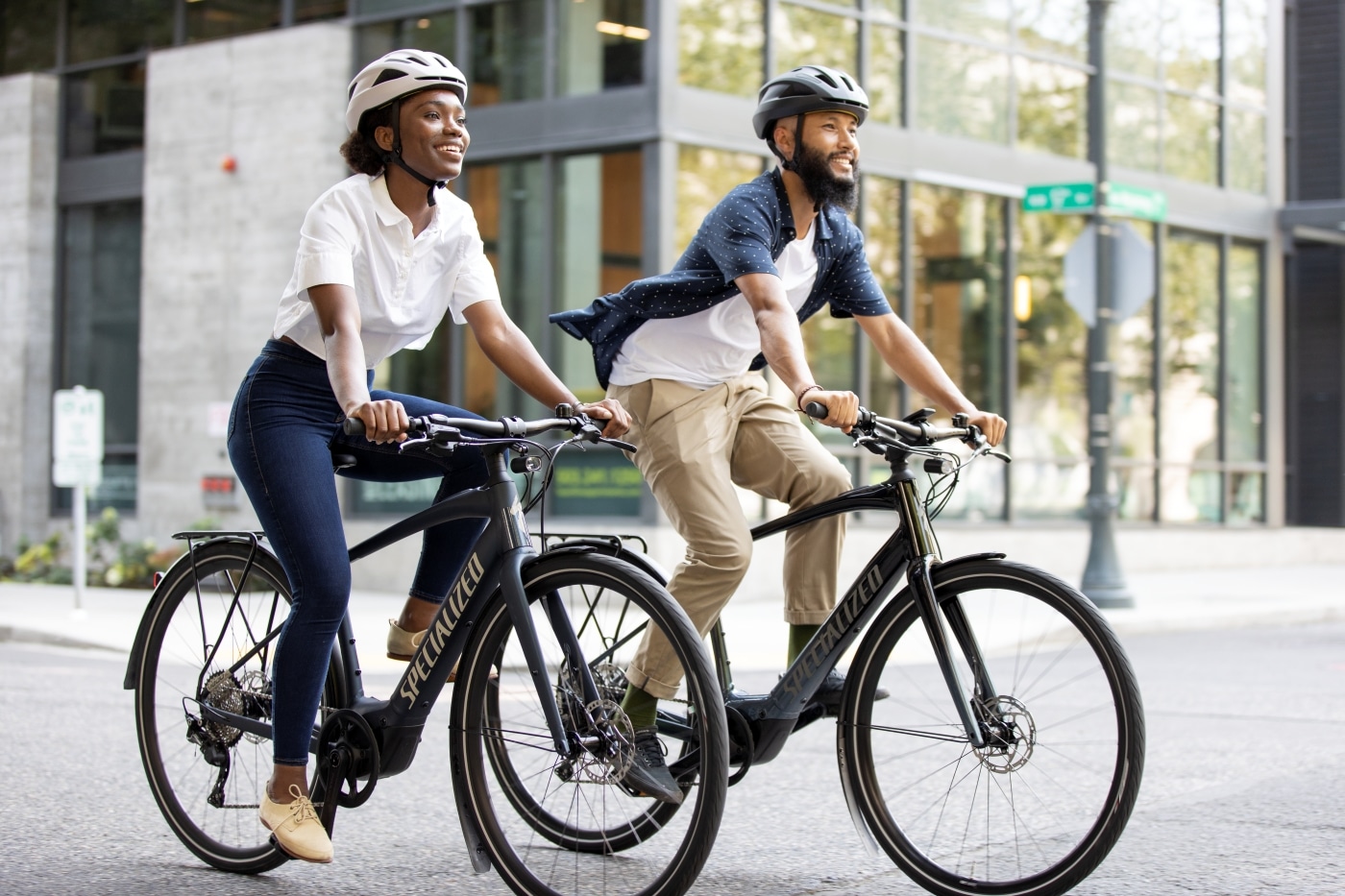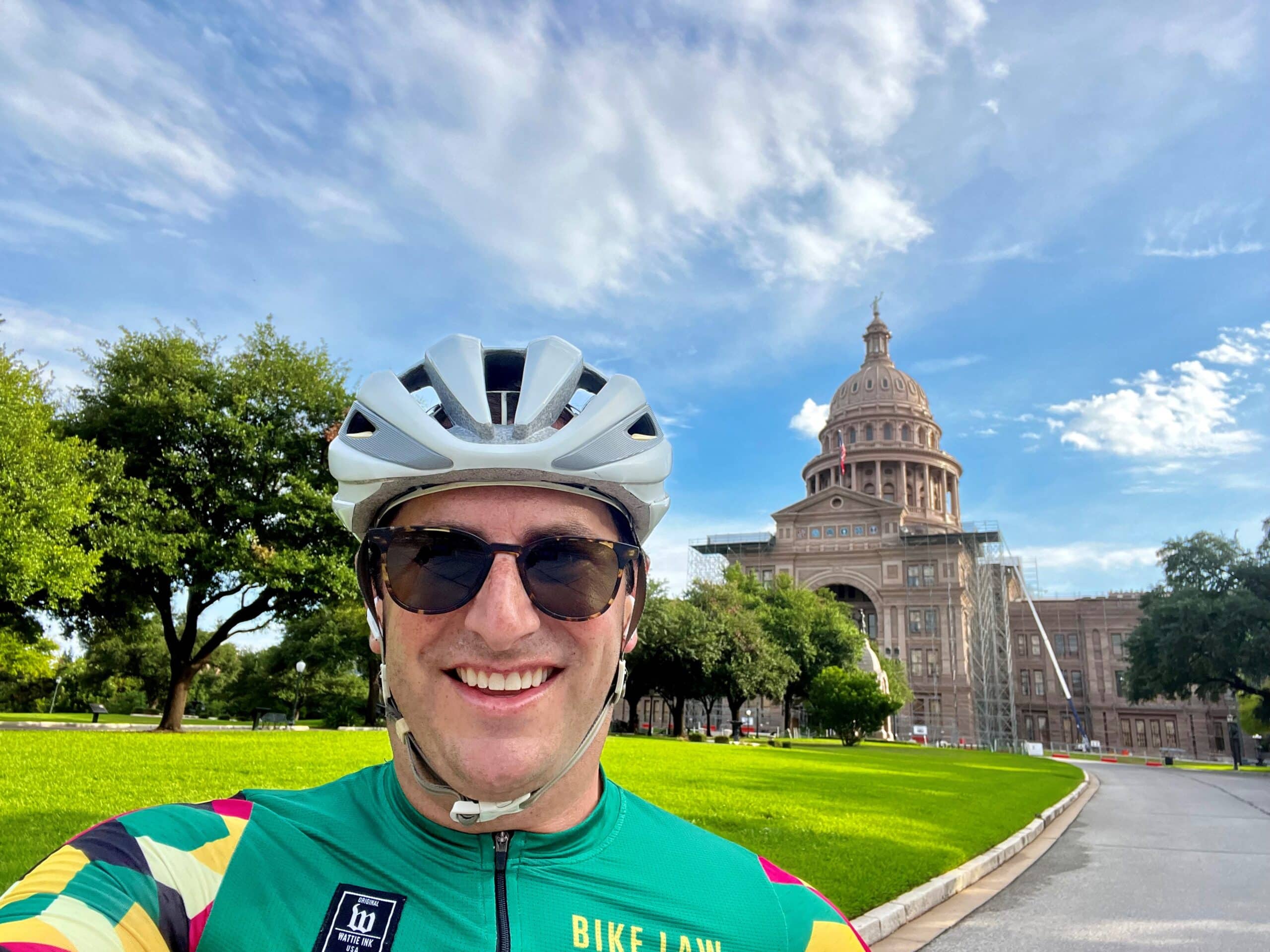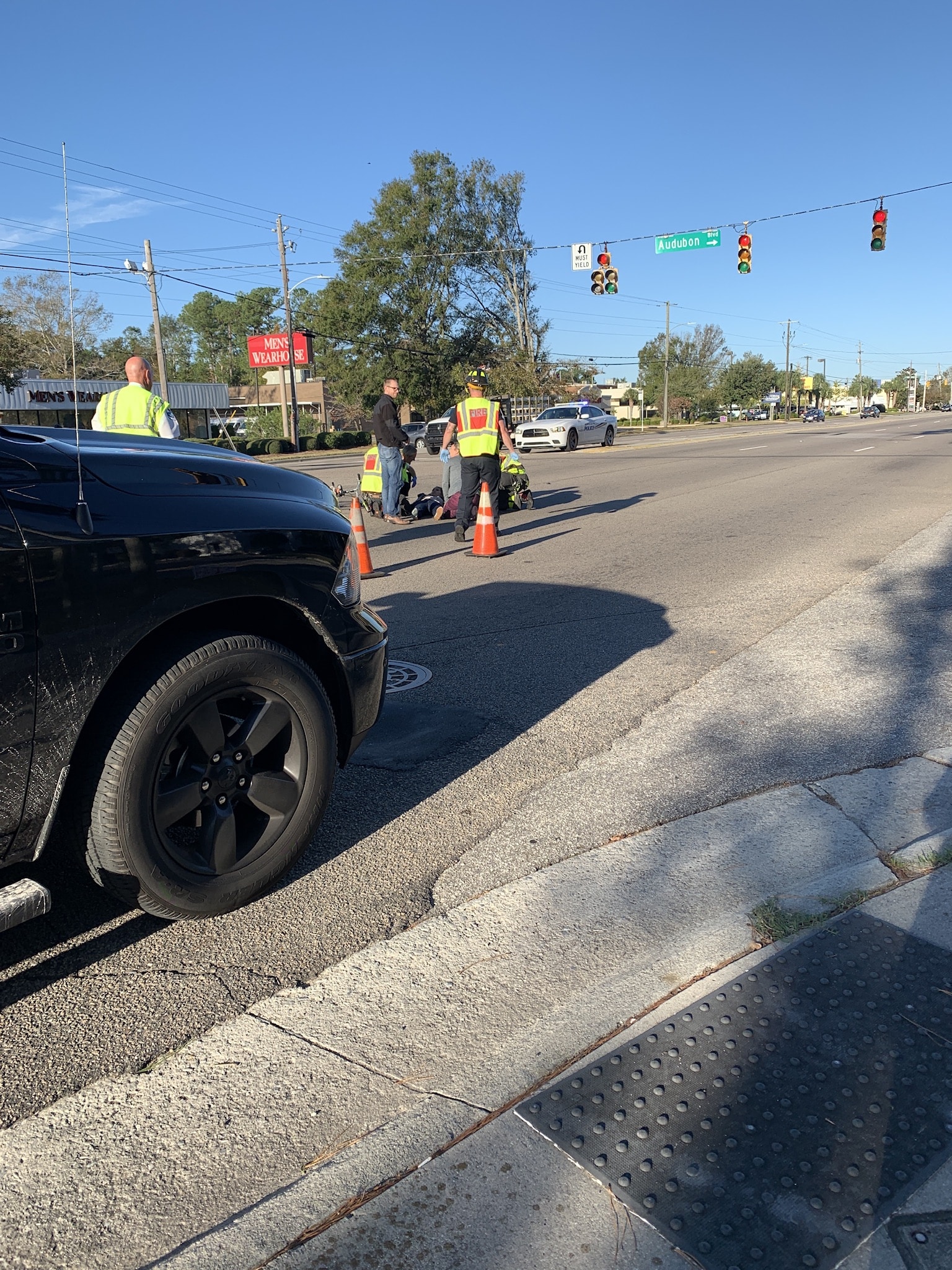Originally posted January 2012 & updated August 2017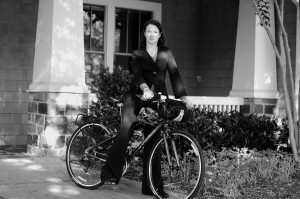
Bike Law and laws are everywhere: First of all, every state has different bicycling laws, and within each state, some laws may vary from county to county. Although, the rules of the road are mostly state-wide and the county laws deal normally with other things that may affect cyclists – like loose dogs and where you can use a gun. Sidewalk cycling is a big topic of local ordinances; did you know Charlotte bans cycling on sidewalks only in very few areas, mostly in center city?
Bicycles are vehicles: North Carolina has very few laws related to cycling. The few that do exist mostly deal with equipment – lights and helmets, for example. Surprised? The Department of Transportation book for cyclists and pedestrians cites tons of North Carolina cycling laws. Go to the actual statutes cited; they are motor vehicle statutes. In almost every instance, in this State, we have to look at the motor vehicle laws and figure out how they apply to us. South Carolina is similar but has a great anti-harassment law, which we in North Carolina desperately covet.
Is it a crime? If you’re involved in a crash or some unpleasant interaction with another vehicle on the road, it is possible you may get to experience the criminal and the civil legal system. If a police officer issues the at-fault driver (or cyclist) a ticket, that ticket is handled through the criminal system. If the driver is charged with a crime, you could find yourself headed to a courtroom as a witness. Since the State (or Prosecution) is bringing the charges and you would be a witness, at most, you do not necessarily need a lawyer for this proceeding. However the prosecutor is representing the State, not you, so it is really helpful to talk with an attorney and, if the charges are serious enough, have an attorney (preferably a cycling attorney) in your corner.
It’s a crash, not an accident: If you or your bicycle is injured in this incident, you may also become involved in the civil legal system. In other words, you may bring a claim against the driver who hit you. You should always talk with a cycling attorney BEFORE talking with an at-fault driver or insurance company. It may turn out you don’t need an attorney, for example, if your injuries are very minor. But why not call or email one? We’re really nice and sometimes we give you some nuggets you may not think of on your own. Worst case scenario, we’ll have a nice conversation about cycling and make the world a better place.
If you have an attorney, the attorney will help you try to negotiate with the driver’s insurance company AND will help make sure all available insurance to cover your damages is discovered. While the large majority of claims are resolved by “pre-lawsuit” negotiation, sometimes it is necessary to resort to the civil court system and if it is, you’d better make sure you have an attorney who knows how to find the courthouse!
Keep this civil/criminal difference in mind when we get to the more specific topics. It’s important to know that the fact that police don’t issue the at-fault driver a ticket does not mean you don’t have a civil claim against the driver for your injuries. In fact, police often won’t issue a ticket unless the officer him/herself has seen the rule violation. Or, for a very serious crash with serious injuries, law enforcement may perform an investigation with reconstruction to determine who is at fault.
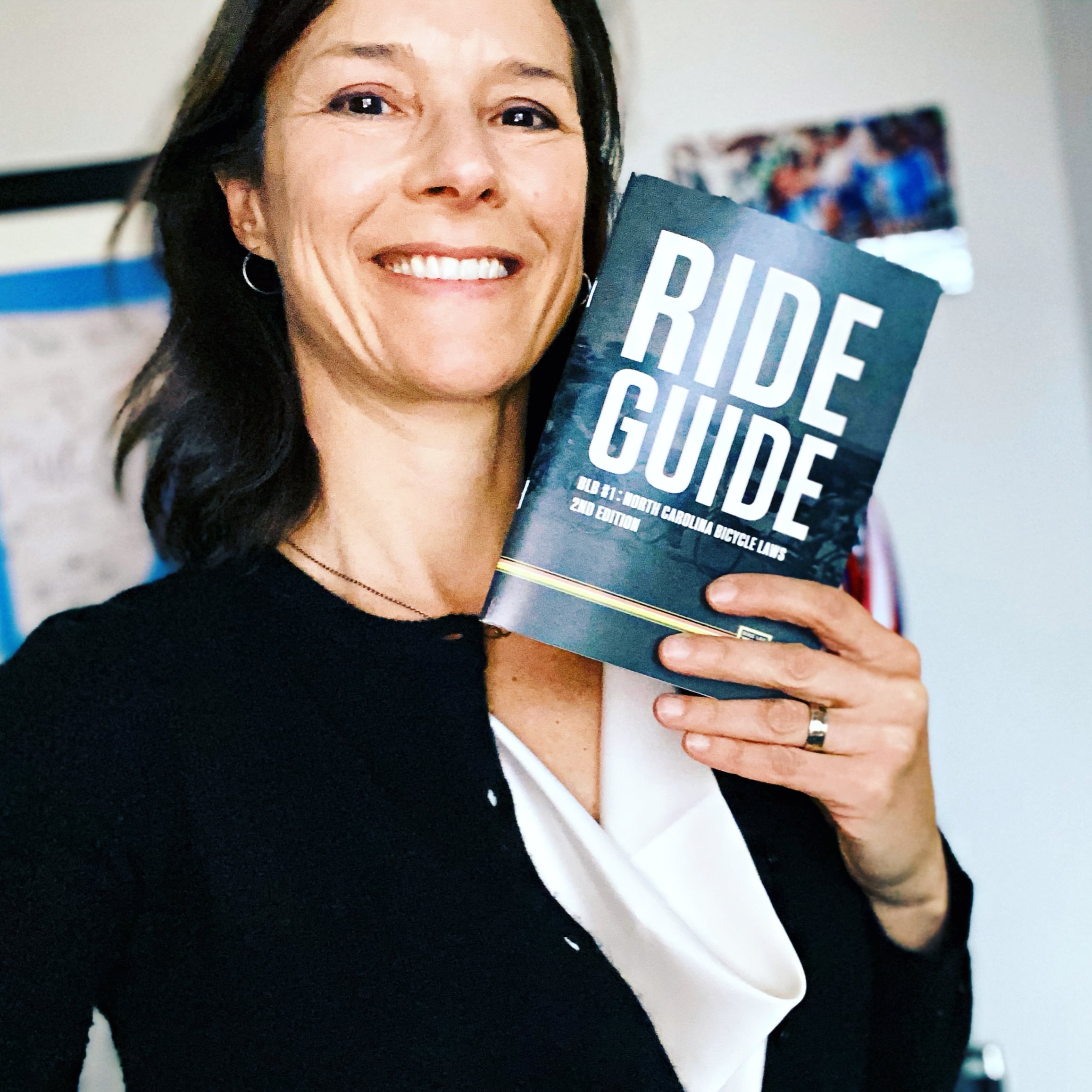
North Carolina lawyer and Bike Law founder, Ann Groninger, has advocated at the state level on behalf of bicyclists in North Carolina for over 15 years. Ann has offices in Charlotte and Durham and has helped bike accident clients in Asheville, Raleigh, Durham, Greenville, Wilmington, Fayetteville, and throughout the state. Read more about Ann on her bio page.



